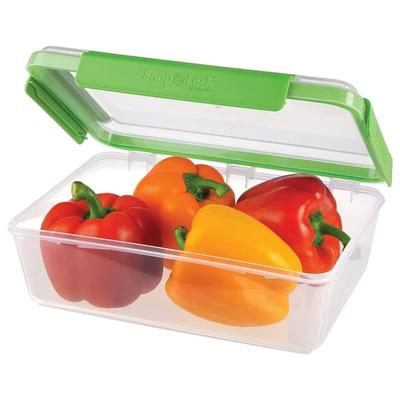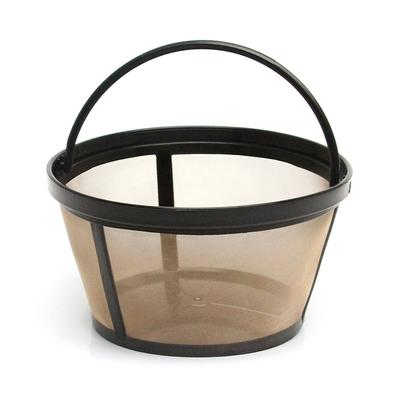Hey Diva dressing fans! When the items we love coincide with brands we work with, Diva dressing will use Paid Links in our articles. If you decide to click on these links and purchase the product, we get a small commission. Our Opinions Are Our Own, but we do add Paid Links as a way to offer these products at no added cost to our readers. Want to know more? Click Here to check out our Terms of Use anytime!
In recent years, there has been a notable shift in consumer preferences towards artisanal and craft food products. This trend reflects a growing desire for authenticity, quality, and unique flavors. Here’s a closer look at the factors driving this movement and what it means for the food industry.
Consumer Demand for Quality and Authenticity
As consumers become more health-conscious and discerning, they increasingly seek out high-quality ingredients and authentic flavors. Artisanal food products are often made with traditional methods, natural ingredients, and minimal processing, appealing to those who prioritize quality over mass production.
Support for Local Economies
The rise of artisanal foods aligns with the growing interest in supporting local businesses and economies. Many consumers prefer to buy from local artisans, farmers, and producers, believing that these products are not only fresher but also contribute to their communities. Farmers’ markets, local food festivals, and specialty shops have gained popularity as venues for discovering and purchasing these products.
Sustainability and Ethical Production
Sustainability is a significant concern for today’s consumers. Artisanal and craft food producers often prioritize sustainable practices, including organic farming, ethical sourcing, and environmentally friendly packaging. This commitment to sustainability resonates with consumers looking to make responsible choices that benefit both their health and the planet.
Experience Economy
The rise of experiential dining and food culture has contributed to the popularity of artisanal products. Consumers are not just buying food; they are seeking experiences. Artisanal foods often come with stories about their origins, the artisans behind them, and the production process, making them more appealing. Tasting events, workshops, and farm-to-table experiences enhance this trend by engaging consumers on a deeper level.
Social Media and Food Culture
Social media platforms, particularly Instagram, have transformed how consumers discover and engage with food. Visually appealing artisanal products—like beautifully crafted cheeses, handmade chocolates, or artisanal breads—are perfect for sharing online. This exposure has fueled interest in these products, as consumers are inspired by food influencers and brands showcasing unique offerings.
Diversity and Global Flavors
The artisanal food movement has also opened the door to a greater appreciation for diverse cuisines and flavors. Consumers are eager to explore and experiment with global foods, leading to a rise in artisanal products that highlight unique cultural traditions. From craft hot sauces and gourmet spices to specialty ethnic snacks, there’s a growing variety of options available.
Health and Wellness Trends
As health and wellness continue to be top priorities for many consumers, artisanal foods that emphasize whole, natural ingredients align well with this trend. Products like gluten-free baked goods, low-sugar jams, and nutrient-rich snacks cater to health-conscious individuals looking for better alternatives without sacrificing flavor.
Here are some products that can help in your kitchen
Progressive Snap Lock Silicone Seal Food Storage Container $9.74

Amici Home Kitchen Supplies Glass Canister Dry Food Storage Container $10.62


Rustic Reach Modern Straw Gray Basket Organizer $6.98

White Rectangular Plastic Shelf Organizer Basket with Handles $11.09

224 PCS Pantry Fridge Labels Stickers for Organizer Container Food Storage Jar $11.06



